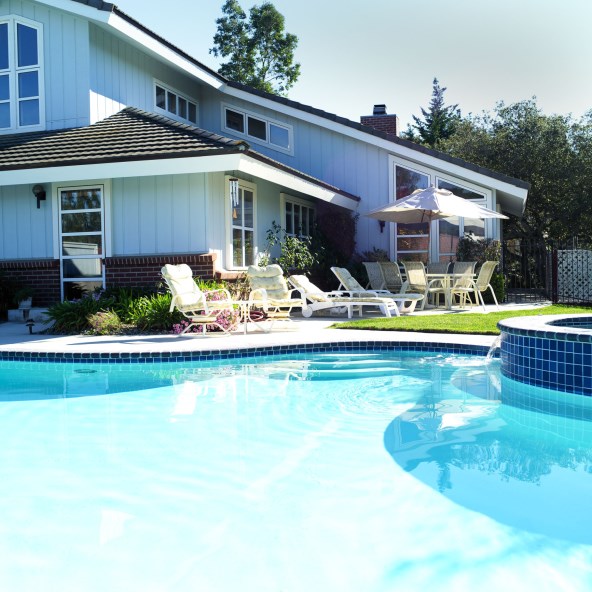Tri-City residents living in one of the most beautiful — and most expensive areas — in the world are renting out rooms, apartments and suites through Airbnb. Why shouldn't people use their property to generate some extra income?
Sure, doing so may remove some affordable rental stock but with housing costs going through the roof in the Tri-Cities and the rest of Metro Vancouver, people need to do what they can to make ends meet. And Airbnb is also an easy way to get into the rental market for people not ready to commit to being a long-term landlord.
The argument for regulating Airbnb is a lot like the debate over secondary suites a few years ago. It turned out that basement suites were an important part of the housing market, like Airbnb might become in the future as the sharing economy grows.
And as with secondary suites, any regulatory emphasis must be placed on safety and effect on neighbours.
Currently, regulations and tax policy for inns, cottages and hotels of four units or more don't apply to small-scale Airbnb accommodations. And even city bed-and-breakfast licensing doesn't quite fit the bill because many Airbnb rentals are apartments, not suites in owner-occupied houses, leaving this market segment flying a bit under the radar.
It makes sense for regulators to take a closer look at the industry.
If there is a case to be made for regulation, it is to perhaps differentiate between apartments purchased and rented solely to Airbnb and those rooms and suites rented out in owner-occupied houses. The Canada Revenue Agency will be looking out for the big operators if they aren't paying their fair share of tax while those who don't meet Airbnb hospitality standards won't get guests.
As for the typical Tri-City Airbnb operators, they are not likely to cut too much into the hospitality industry market because they don't have the amenities. In fact, they could even make the region more attractive to younger holidayers, benefiting the local economy.
So, yes, cities should look more closely into Airbnb rentals and bring them into compliance for business licensing but let's not create hassles where none are warranted.


.jpg;w=120;h=80;mode=crop)
